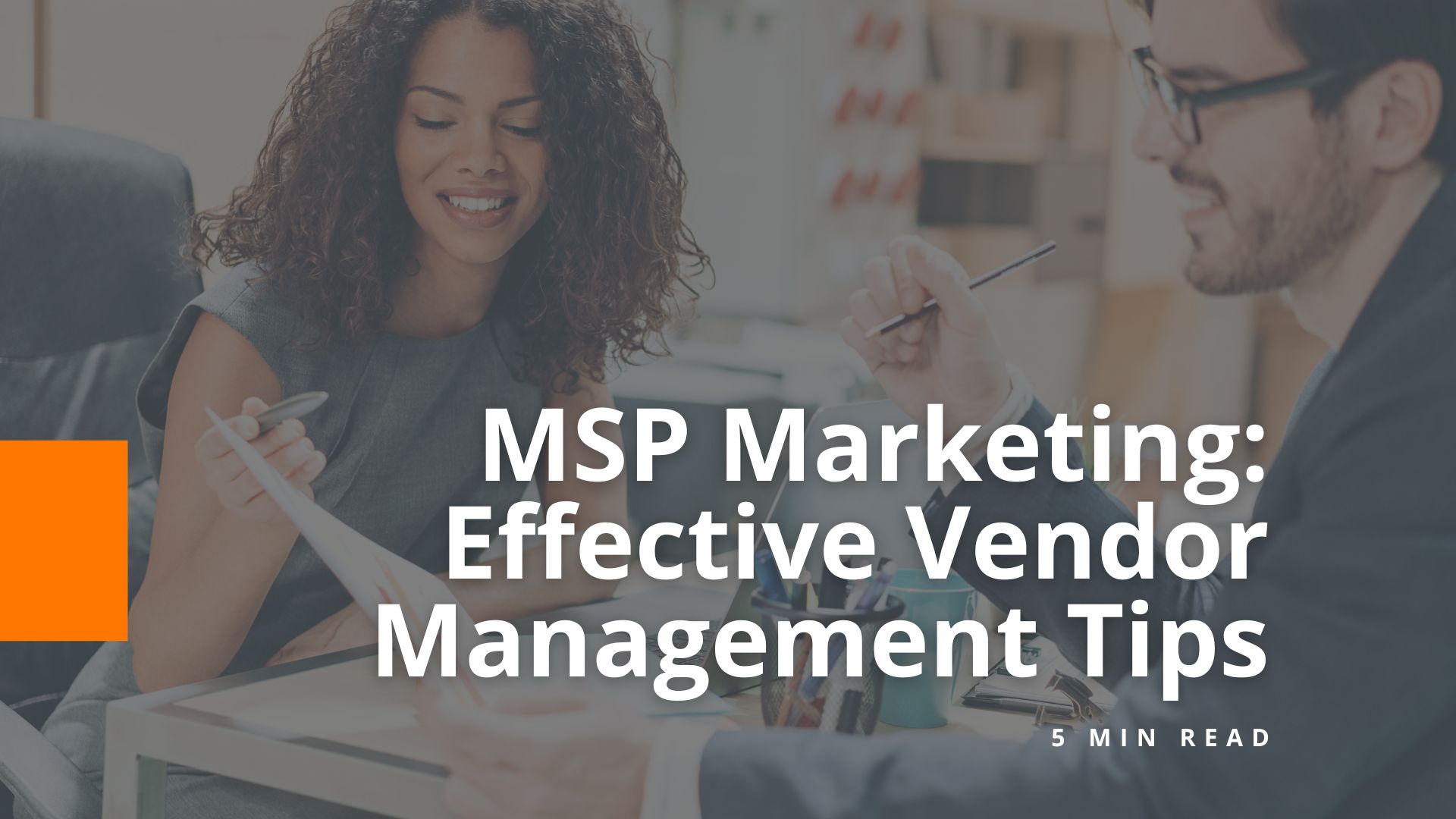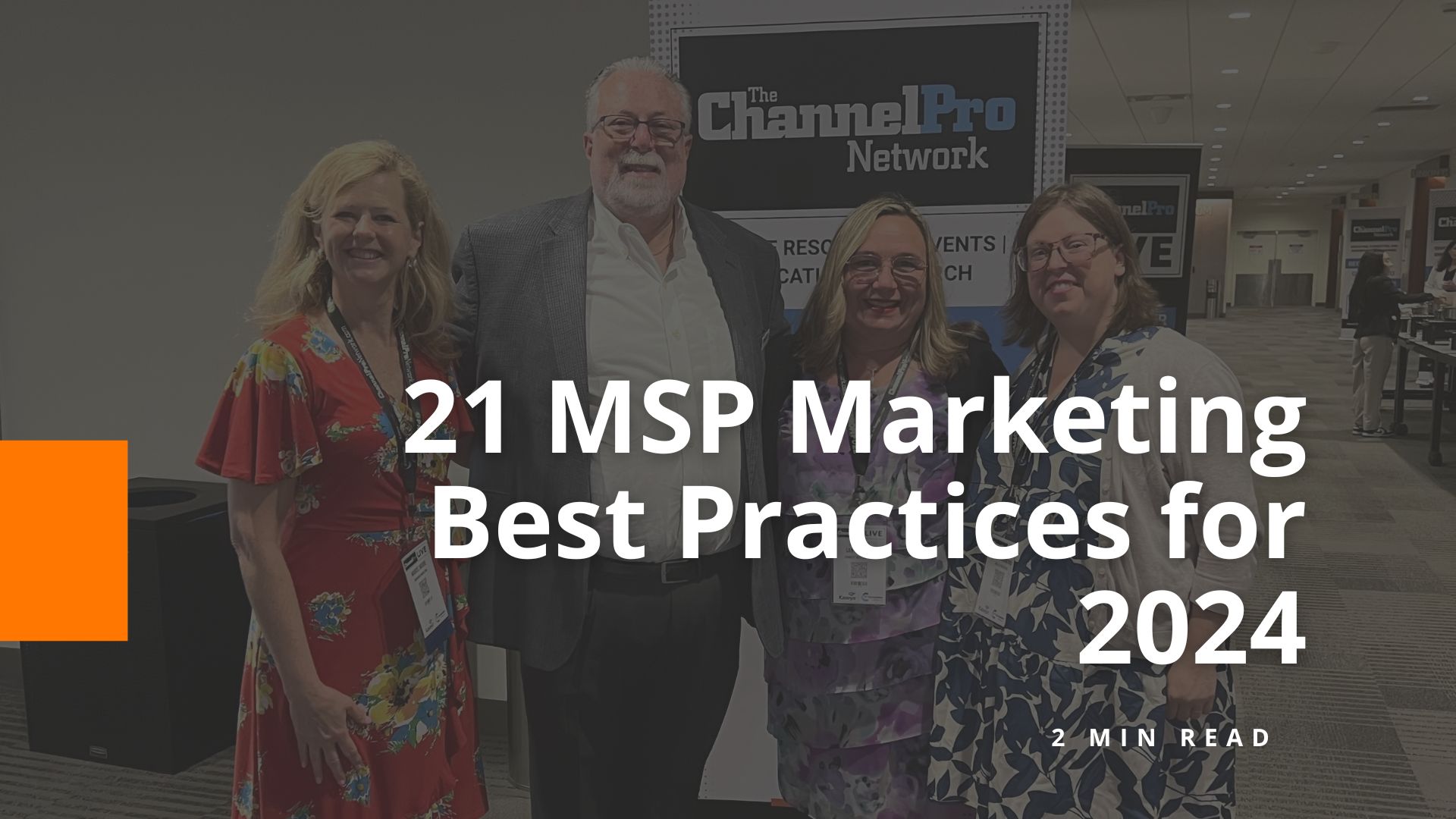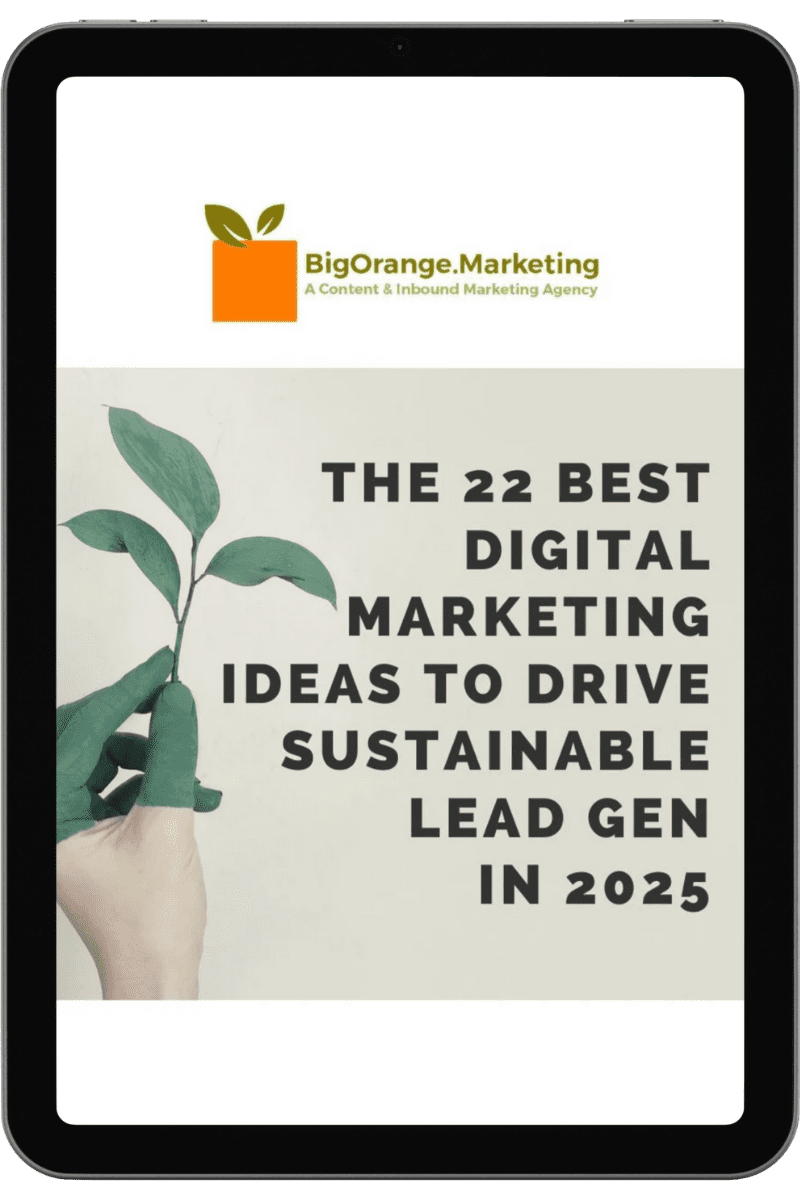Top Tips for Manufacturers: Marketing to Industrial Companies

Marketing to industrial companies can feel like a different ballgame compared to marketing consumer products. Buyers are looking for expertise, trust and long-term partnerships, not flashy ads or empty promises.
To be successful, manufacturers need to focus on creating expert content, investing in digital marketing and using industry-specific channels. Here are the top tips to make marketing to industrial companies easier and more effective.
1. Create Content That Proves Your Expertise
When it comes to marketing to industrial companies, content is king and kingdom. What does this mean? Industrial buyers do their homework before reaching out to potential vendors. If your company is not showing up with helpful, expert-driven content, you are missing a huge opportunity to prove yourself as a leader in your field.
Here is what works best:
- Case studies and testimonials: Showcase real-world success stories. Highlight the problems your customers faced, how you helped and the results you achieved.
- Educational blog posts: Answer the questions your ideal customers are asking. Focus on solutions, industry insights and helpful tips.
- Product videos: Show off your products in action. Videos can quickly demonstrate features, benefits and real-world applications.
- White papers and industry reports: Position your company as a thought leader by offering in-depth research and insights.
When you build a content library that educates and solves problems, you build trust, long before a prospect even picks up the phone.
2. Make Digital Marketing a Priority
Even in traditional industries, digital marketing is critical for reaching a larger audience and attracting today’s buyers. A strong online presence helps you stay top of mind and keeps your sales pipeline full.
Focus on these areas:
- Website optimization: Your website needs to be more than just a digital brochure. Make sure it is mobile-friendly, fast, easy to navigate and optimized for SEO. Clear calls to action should guide visitors to the next step.
- Search engine marketing (SEM): Paid advertising like PPC campaigns can help you target specific keywords and industries. Focus on terms that your ideal customers are searching for.
- Email marketing: Email is still one of the best ways to nurture leads. Create segmented email campaigns that offer value at every stage of the buyer’s journey.
- Video marketing: Short videos can quickly showcase product features, explain technical concepts and highlight customer success stories. Adding video to your website and social media helps build stronger connections with potential buyers and makes your overall content more engaging.
- Social media marketing: LinkedIn is the go-to platform for industrial buyers. Share expert content, engage with industry groups and connect with potential customers.
Strong digital marketing helps you gain visibility and positions you as a leader who understands modern business needs. Additionally, it builds credibility with buyers who are looking for trusted, knowledgeable partners to support their long-term goals.
3. Use Industry-Specific Channels to Reach Your Audience
It pays to meet your prospects where they already are. Some of the best places to connect with industrial companies include:
- Trade shows and events: Industry-specific trade shows are powerful for networking, showcasing your products and meeting serious buyers face-to-face.
- Industry directories and websites: Get listed on manufacturing-focused websites and directories. Buyers often use these platforms when researching suppliers.
- Community engagement: Building relationships locally can lead to unexpected opportunities. Meet people at sponsored events, local business expos and community initiatives.
Tapping into these niche channels gives you a direct line to the companies most likely to need your products and services.
4. Define Your Target Audience Clearly
Not every industrial company will be a good fit. Successful marketing starts with a clear understanding of your ideal customer.
Ask yourself questions like:
- What industries are they in?
- What challenges are they facing?
- What are their priorities when selecting a supplier?
The more specific you are, the easier it becomes to tailor your marketing messages and attract the right opportunities.
5. Build a Strong, Memorable Brand
A strong brand is about more than just a nice logo. It is about consistently communicating who you are, what you stand for and why customers can trust you.
For manufacturers, brand strength comes from:
- Quality products and services.
- Reliable customer support.
- Industry expertise.
- Strong visual identity across all marketing materials.
Brand trust is a key driver when industrial buyers are making purchasing decisions. Invest in building a brand that buyers feel confident working with.
6. Measure, Analyze and Improve
Good marketing is never set it and forget it. Tracking your results allows you to see what is working and where your next opportunities lie.
Regular reviews help you catch small issues before they become bigger problems. They also give you valuable insights to refine your messaging and strengthen future campaigns.
Some metrics to keep an eye on:
- Website traffic and bounce rates
- Search engine rankings
- Email open and click-through rates
- Conversion rates from ad campaigns
- Lead sources and ROI from trade shows or events
Use the data to make smart, informed decisions that continuously strengthen your marketing strategy.
7. Focus on Customer Service to Build Long-Term Loyalty
Marketing does not end when you land the customer. Outstanding customer service can turn first-time buyers into lifelong advocates.
Happy customers are more likely to:
- Recommend you to others.
- Provide testimonials.
- Return for future business.
A strong reputation for service and support is one of the most powerful marketing tools you can have when selling to industrial companies.
Ready to Take Your Industrial Marketing to the Next Level?
At BigOrange Marketing, we specialize in helping manufacturers like you attract more leads, close more sales and grow your brand through smart strategies that work.
Let’s talk about how we can help you build a marketing program that speaks directly to your ideal industrial customers. Contact us today to get started.
Share the knowledge
Mastering Vendor Partnerships: Tips for Effective Vendor Management Webinar
Effective vendor management is crucial to ensuring your business’s success and future growth, especially for managed service providers (MSPs). In such a competitive industry, mastering…
Explore this TopicHow to Tell the Tale: What Is a StoryBrand BrandScript?
What Is a StoryBrand BrandScript? A StoryBrand BrandScript is a script that summarizes your key message as an exciting and easily readable story. It’s based…
Explore this TopicGet Leads And Grow: 21 MSP Marketing Best Practices for 2024
Our own CEO Margee Moore presented her talk to ChannelPro in June. We were delighted to share MSP marketing best practices for 2024 and marketing…
Explore this TopicHow Is a StoryBrand Brandscript Used?
A StoryBrand Brandscript is a powerful tool that helps businesses clarify their messaging by structuring their brand story in a way that resonates with their…
Explore this TopicWhat Is the Purpose of StoryBrand?
The purpose of StoryBrand is to help businesses clarify their messaging so they can more personally and clearly communicate with their customers. By using the…
Explore this TopicIs StoryBrand Free?
On its website, StoryBrand offers various resources, some of which are free, such as the StoryBrand podcast and blog. However, more comprehensive resources, like the…
Explore this TopicIs It Worth It to Become a StoryBrand Guide?
Becoming a StoryBrand Guide can be worth it for those looking to enhance their marketing expertise and help businesses communicate more personally with their audiences.…
Explore this TopicWhat Are Examples of a StoryBrand Website?
An example of a StoryBrand website includes Internos Group’s website, which explains the company’s Miami IT services. The site clearly appeals to the customer’s goals,…
Explore this Topic









